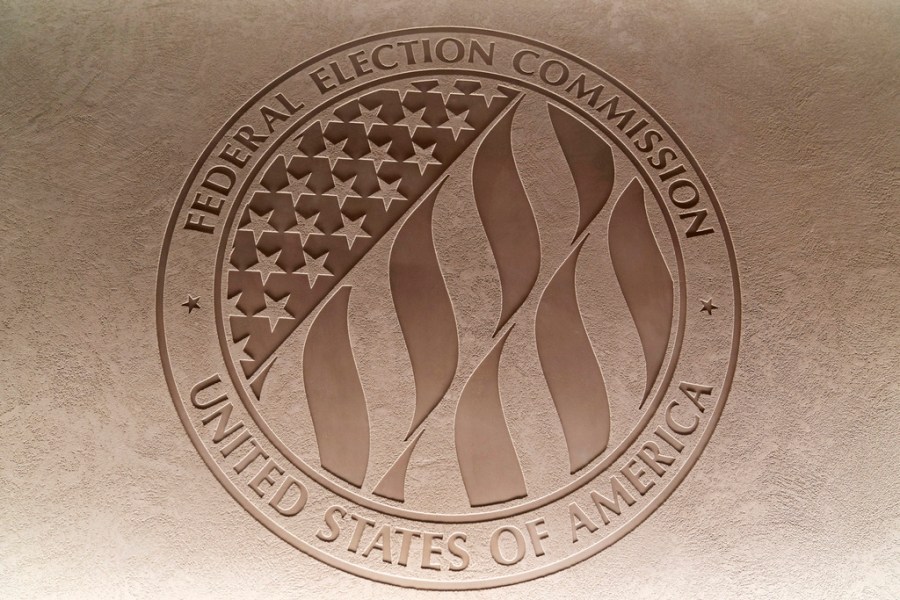
On Monday, the House Committee on Ethics belatedly played the role of the Christmas Grinch when it issued what are effectively sweeping new requirements for House members’ campaign and leadership PAC funds. While the pronouncement was dropped in the sleepy interlude between Christmas and New Year’s, it will likely prove to be a bombshell once the regulated community has had a chance to digest it.
House Ethics spelled out the new requirements in guidance known as a “pink sheet.” The committee issued the document after it recently dismissed a number of referrals from the Office of Congressional Ethics alleging that members had misused their campaign funds for personal purposes and failed to comply with related recordkeeping requirements.
The federal campaign finance statute, which is administered and enforced by the Federal Election Commission (FEC), prohibits federal candidates’ campaign funds from being used for personal benefit (known as the “personal use” prohibition). Both the House and Senate ethics rules have long echoed the statute by also prohibiting personal use for the chambers’ members.
However, the House personal use rule has purported to go a step further by requiring “verification” that campaign funds are used for legitimate campaign purposes. House Ethics has never previously explained what the “verification” requirement entails. Therefore, members have simply followed the FEC’s recordkeeping requirements that apply to all federal campaign committees and PACs.
According to the new House Ethics pink sheet, “verification” means that members’ campaign committees must maintain records demonstrating the specific campaign purpose of each expenditure. For example, a meal expensed to the campaign must be accompanied by documentation such as a guest list showing the campaign donors who attended. A travel expense must be accompanied by documentation such as an itinerary showing the related campaign events that were held.
The House Ethics requirements are substantially more burdensome than the FEC’s rules, which generally require only the retention of receipts, cancelled checks and/or bank statements. Therefore, House members’ campaign committees will have to significantly change the way they document expenses. The fact that the Senate side is subject to no comparable requirement will add to the confusion.
Another point of confusion is whether non-incumbent House candidates could be subject to the new House requirements. As a general matter, the House ethics rules only apply to members once they are elected and sworn into office and not to non-incumbent House candidates. However, the pink sheet and other House Ethics guidance do not address whether House Ethics could seek to retroactively apply the recordkeeping requirements to a campaign committee of a non-incumbent House candidate who wins election and is sworn in as a member. A House Ethics attorney acknowledged to this author that this is theoretically possible.
Adding even more confusion is how the new House Ethics pink sheet diverges from the FEC on the personal use prohibition as it applies to leadership PACs. The FEC has taken the position that the statutory personal use prohibition does not apply to leadership PACs. At the same time, the agency has recommended that Congress amend the statutory ban to apply more broadly.
By contrast, House Ethics now takes the previously unannounced position that the personal use prohibition (and related recordkeeping requirement) under the House Ethics rules applies to House members’ leadership PACs, as well as to any other political funds under their control.
The rules governing campaign committees and leadership PACs were already confusing and difficult enough to comply with. Moreover, there were already existing discrepancies between the FEC rules and the House and Senate rules (including discrepancies between the two chambers). The new House Ethics pink sheet will create even more confusion and therefore further undermine compliance.
House Ethics should not have acted unilaterally on these issues. Instead, per the FEC’s legislative recommendations, it should have left it to the whole of Congress and the White House to enact legislative changes that apply uniformly to all federal candidates and incumbents. The upshot is that members who are frustrated by the new House Ethics requirements may now be spurred to move on such legislation.
Eric Wang is a partner at Vantage Legal PLLC. He advises on campaign finance and government ethics rules, among other issues, and represents clients before the FEC and congressional ethics committees.












